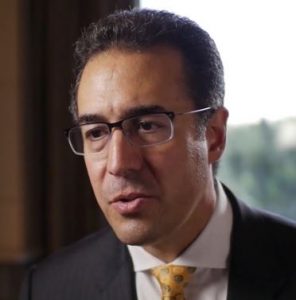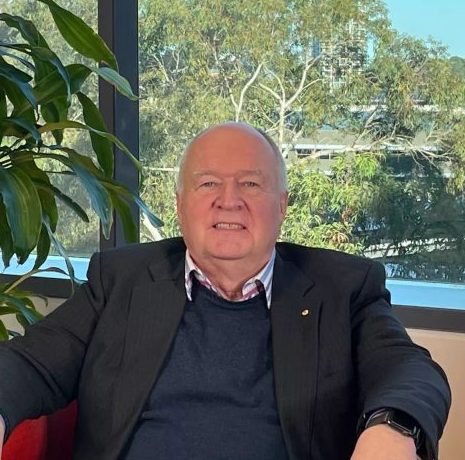

Primary outcomes
Heart failure patients currently have high rates of readmission and mortality after discharge1-4
Sign up for the Master Pack to unlock exclusive insights from Prof Mebazaa, the principal investigator of the STRONG-HF study.
The burden of heart failure
1 in 4 patients are re-admitted within 30 days of discharge1,2,3
About 1 in 2 patients are re-admitted within 6 months4
More than 1 in 2 patients die within 5 years with survival rates worse than:
- colon cancer
- breast cancer
- prostate cancer1
What are the challenges of post-discharge management?
Majority of heart failure patients are not closely monitored or treated with optimal doses of GDMT5-11 after acute heart failure admission.
ACEis, ARBs, MRAs and beta-blockers showed to improve survival rates.12
Factors influencing limited adherence to GDMT (Guideline Directed Medical Therapy).13
- Lack of awareness
- Focus on treating symptoms
- Fear of adverse effects
- Age
- Frailty and sensitivity
- Intolerance and contraindications
- High costs
- Limited access
STRONG-HF primary outcomes show significant reduction of all cause death or acute heart failure readmissions
Study Design
patients enrolled
out of planned 1800†
years old
hospital
countries
†Monitoring board of the study recommended to terminate the study early as it was considered unethical to continue with usual care.
*ACEi/ARB, ARNi, BB, or MRA; **NT-proBNP criteria for persistent congestion ACEi, angiotensin-converting enzyme inhibitors; AHF, acute heart failure; ARB, angiotensin receptor blockers; BB, beta blockers; GDMT, guideline-directed medical therapy; HF, heart failure; MRA, mineralocorticoid receptor antagonists; NT-proBNP, N-terminal pro b-type natriuretic peptide
Measuring NT-proBNP biomarker levels is an integral part of the treatment strategy in STRONG-HF.Results
The high intensity care group: 34% relative and 8.1% absolute risk reduction (ARR) in the combination of death or heart failure readmission.14
26% lower
HF readmission
44% lower
All-cause death
16% lower


















